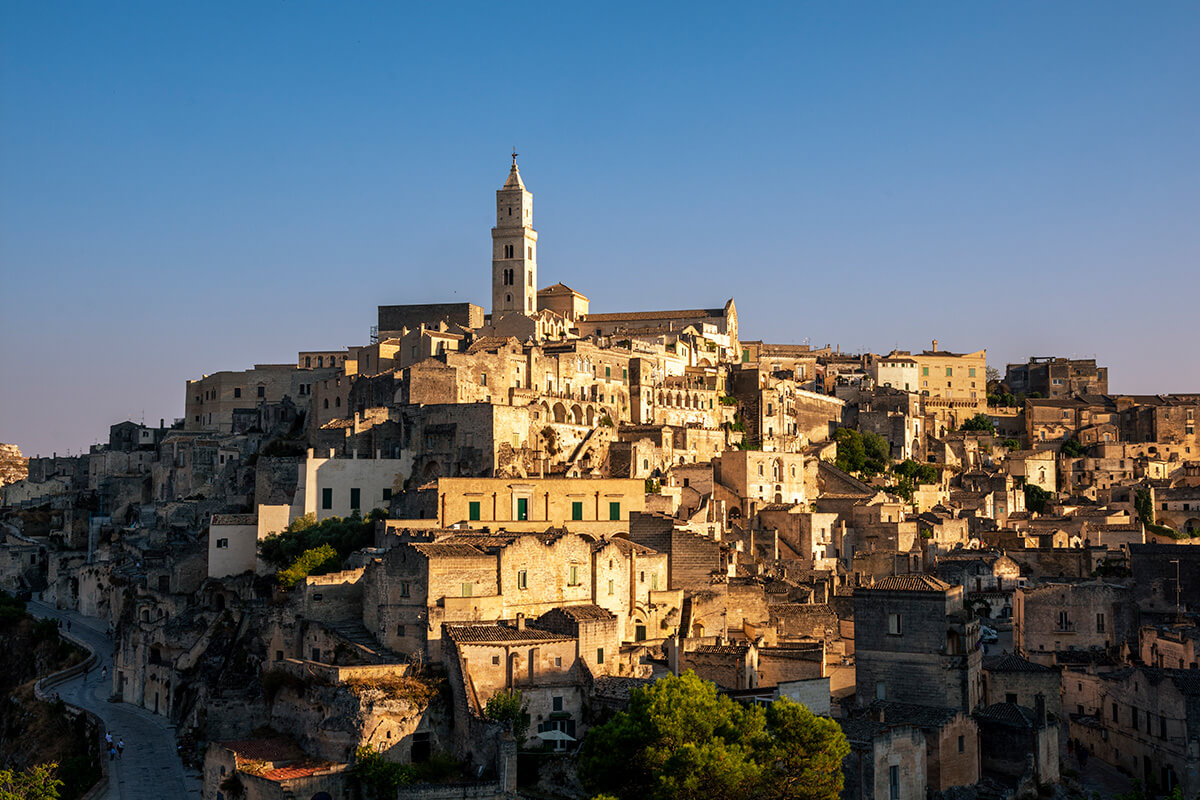Italian cinema and television have a rich history that has significantly influenced global entertainment. From the pioneering works of legendary directors to contemporary television dramas that captivate audiences worldwide, Italy's contributions to the screen are profound and enduring. In this blog post, we will explore the illustrious world of Italian cinema and TV, featuring notable films, directors, and television shows that highlight Italy's cultural prowess.
The Iconic Italian Film, "La Dolce Vita" by Federico Fellini is one of the most celebrated films in the history of cinema. Released in 1960, this cinematic masterpiece offers a compelling exploration of decadence and disillusionment in post-war Italy.
Plot Summary
The film follows Marcello Rubini, a jaded journalist, as he navigates the hedonistic nightlife of Rome in search of meaning and fulfillment. Through a series of episodic encounters, Marcello witnesses the superficiality and emptiness of the high society he is both part of and repulsed by.
Cultural Impact
"La Dolce Vita" is renowned for its bold narrative structure and its critique of modernity and celebrity culture. The film's iconic scene, where Anita Ekberg wades through the Trevi Fountain, has become a symbol of cinematic history. "La Dolce Vita" not only won the Palme d'Or at the Cannes Film Festival but also solidified Fellini's reputation as a visionary director.
Legendary Director: Federico Fellini
Federico Fellini (1920-1993) is one of Italy's most influential directors, known for his distinctive style that blends fantasy and reality. Born in Rimini, Fellini's career began in journalism and screenwriting before he transitioned to directing.
Major Works
"La Strada" (1954): This poignant film about a simple-minded woman sold to a traveling strongman won the Academy Award for Best Foreign Language Film.
"8½" (1963): An introspective film about a director struggling with creative block, "8½" is celebrated for its innovative narrative and visual style.
"Amarcord" (1973): A nostalgic, semi-autobiographical depiction of life in Fellini's hometown during the Fascist era, which also won the Academy Award for Best Foreign Language Film.
Legacy
Fellini's work is characterized by its dreamlike atmosphere, complex characters, and an emphasis on the human condition. His influence extends beyond Italian cinema, impacting filmmakers around the world who admire his unique approach to storytelling and visual composition.
Contemporary Television Show: "Gomorrah"
"Gomorrah" is a critically acclaimed Italian television series that premiered in 2014. Based on Roberto Saviano's best-selling book, the show provides a gritty and unflinching look at the Neapolitan crime syndicate, the Camorra.
Plot Summary
The series delves into the lives of various characters connected to the Camorra, focusing on the power struggles, betrayals, and brutal realities of organized crime. Central to the story is Ciro Di Marzio, a loyal and ambitious member of the syndicate who navigates the dangerous and violent world of the Camorra.
Cultural Impact
"Gomorrah" has been praised for its realistic portrayal of crime and its complex, morally ambiguous characters. The show has garnered a global audience, being broadcast in numerous countries and influencing other crime dramas with its raw and uncompromising style. It has been lauded for its storytelling, acting, and its stark depiction of life in Naples under the shadow of the Camorra.
Italian cinema and television have made significant contributions to global culture, with iconic films like "La Dolce Vita," visionary directors like Federico Fellini, and compelling TV shows like "Gomorrah." These works not only entertain but also offer profound insights into Italian society, history, and human nature. As we continue to enjoy and explore these cinematic and television treasures, we celebrate Italy's enduring legacy in the world of entertainment.


